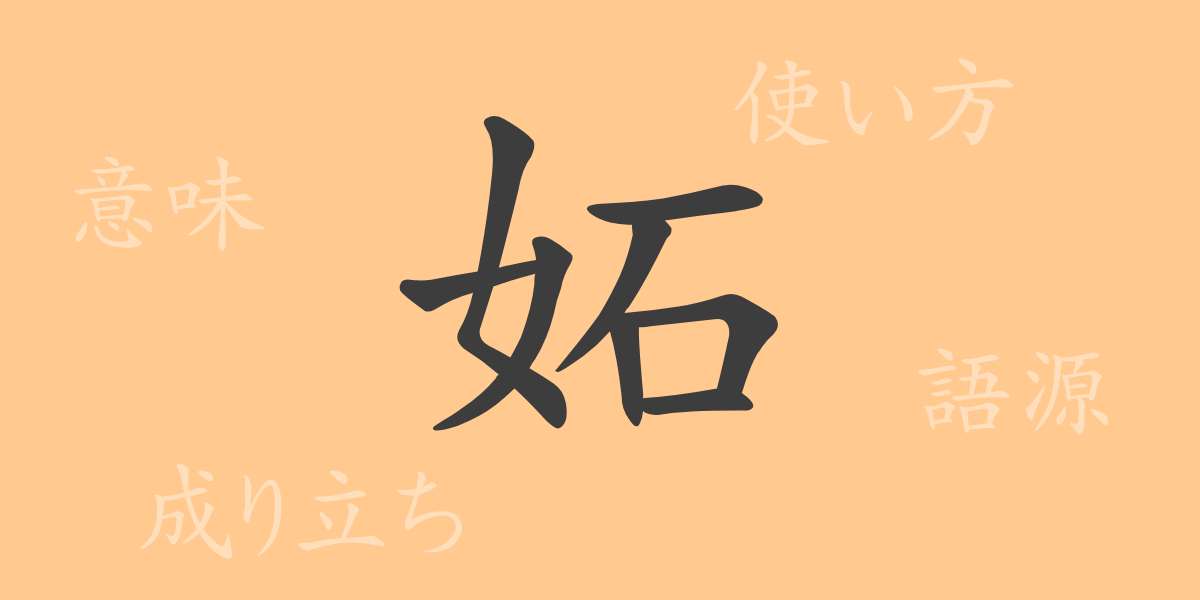The richness of the Japanese language is significantly shaped by the profound meanings and histories embedded in each kanji. Among the commonly used kanji is ‘妬(ト)’, which, although less frequently used, expresses complex human emotions. This article delves into the intriguing kanji ‘妬’, exploring its origins, meanings, applications, and the expressions crafted with it.
Origins of ‘妬(ト)’
The kanji ‘妬’ originates from ancient Chinese script, where it first appeared in seal script. Initially, it combined the kanji for woman ‘女’ with the phonetic element ‘寸’, reflecting the concept of a woman harboring resentment or jealousy. Over time, its meaning evolved to encompass jealousy and envy without gender distinction, expressing feelings of begrudging another’s success or happiness.
Meaning and Usage of ‘妬(ト)’
In modern Japanese, ‘妬’ primarily denotes jealousy or envy, describing the emotion of desiring others’ success and happiness while concurrently feeling displeasure or hostility towards them. It is commonly used in the verb form ‘妬む’, which means to be jealous or to envy.
Readings, Stroke Count, and Radical of ‘妬(ト)’
The kanji ‘妬’ is particularly adept at expressing nuances of emotions:
- Readings: On’yomi ‘ト’, Kun’yomi ‘ねたむ’, ‘そねむ’
- Stroke count: 14
- Radical: 女 (おんなへん) – Woman
Phrases, Idioms, and Proverbs Using ‘妬(ト)’
Expressions containing ‘妬’ reflect its intense emotional connotations:
- 妬心(トシン) – A jealous heart
- 妬み(ネタミ) – To envy someone’s happiness or success
- Proverb: ‘妬みは自らの心を焼く’ – Envy burns one’s own heart, cautioning that jealousy ultimately harms oneself
Conclusion on ‘妬(ト)’
The kanji ‘妬’ acts as a mirror to the darker aspects of the human psyche, aptly capturing the complex emotions born from comparing oneself to others. While ‘妬’ may not be commonly used in everyday language, its expressive power becomes evident in literature and poetry, reminding us of the depth of expression possible with a single kanji.

























